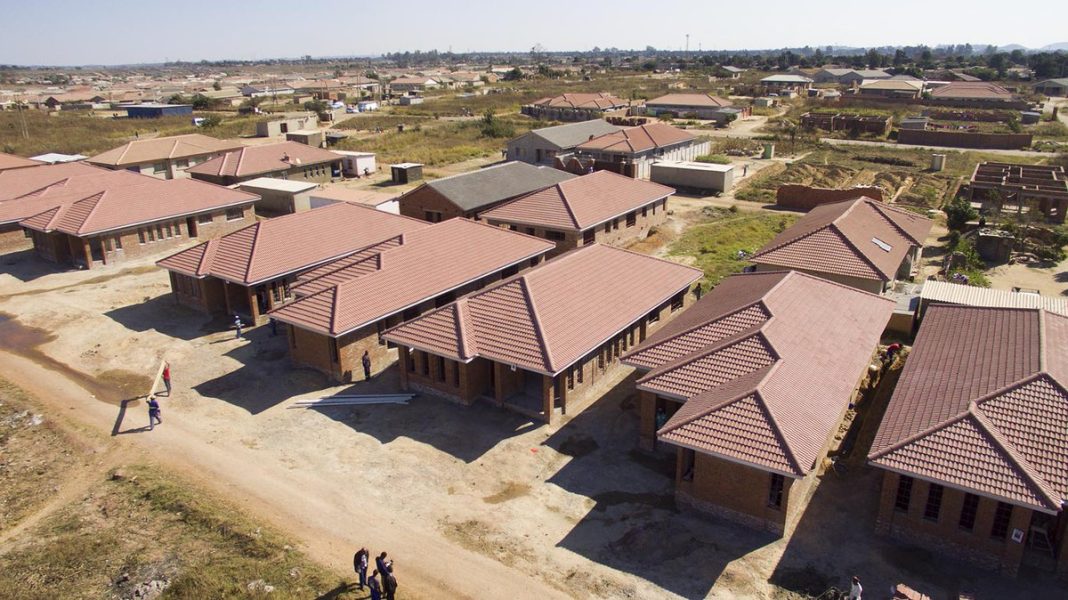The federal government is making efforts to ensure that the increasing housing deficit, in the country, and the spate of unemployment among young Nigerians and other myriad of problems are addressed.
Housing is a basic necessity of every human being along with food and clothing. It is a key input in economic, social and civic development. Everyone needs a decent home, without which he cannot be a productive member of society.
Without good housing children cannot learn and families cannot thrive. In other words, decent and affordable housing is fundamental to the well-being of every family.
In Nigeria, housing policy has failed to respond to the needs of the urban poor – the cost of new housing, including that built by government agencies, is significantly in excess of what the largest segment of the population can afford.
The consequence is the rapid growth of informal settlements, slums on the edges of Nigeria’s major cities, with obvious drawbacks for economic development, health, safety and security. Many Nigerians are yet to be taken out of the streets as there is still visible housing deficit in the country.
The federal government has come up with an initiative of working towards doing things differently. The government identified mass housing as an important aspect of its Economic Growth and Recovery Plan, and more recently its Economic Sustainability Plan.
This is coming on the heels of promises made to Nigerians by the government that it would deliver 500,000 housing units yearly, and that it would establish a vibrant mortgage system with a single digit interest rate to ease home ownership.
Government has come up with a commitment to the housing deficit in Nigeria, through an infrastructural development of 500,000-unit homes across the country and to create up to 1,500,000 new jobs with the project gulping N1.5 trillion.
The Goodluck Jonathan administration at the setting up of the Nigeria Mortgage Refinance Company (NMRC), which the government at the time claimed would drag down interest rate to a single digit in order to enable affordable housing delivery, ended in futility.
The Buhari-led administration promised to build about 500,000 houses, take many Nigerians above poverty line through massive job creation with an amount that gulped N1.5 trillion dedicated to a Family Homes Funds Limited, which is under the Ministry of Finance.
The Family Homes Funds Limited, which was registered in 2017 and commenced operations in 2018, as an acclaimed Africa’s largest housing fund, focused on affordable homes for Nigerians on low income.
It is in the spirit of accountability of the present administration that Nigerians are asking where are the housing units built by Family Homes Fund Limited?
From investigation, N1.5 trillion was given to the Family Homes Fund Limited and an additional N200 billion pledged by the CBN during the COVID-19 pandemic, to build social housing units for Nigerians.
With only 13,000 houses built, representing only 2.6 per cent of their given mandate, the company would avert failure only if it could partner with the private sector in housing development.
Nigeria contributes about 40 per cent of the housing deficit in Africa. This statistics is partly because of the failure on the mandate of reducing housing deficit in the country with the trillions doled out to it by the federal government.
The issue of corruption should be removed from the discussion of housing development in Nigeria and the big question by Nigerians still remains, where are the housing units?
Elder Nsikak Ekpenyong, a public affairs analyst, writes from Uyo, Akwa Ibom State

































